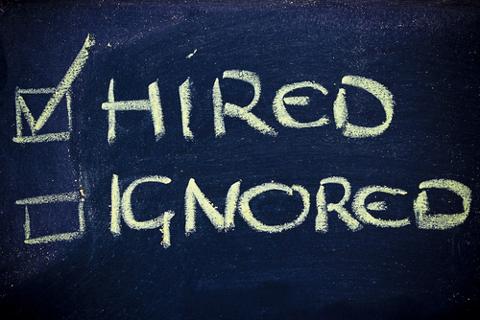If your resume needs more than a few minor tweaks to get the attention of managers and recruiters, it may be time to roll out a new model. After all, it’s not a form letter -- it’s a marketing document, and to reach your target audience, you may need a different format, theme, experience summary or keywords. Plus, your storyline may get lost if you edit the original too many times. Unless you’re pursuing an identical role with similar duties in the same industry, you need to create multiple versions of your resume, especially when facing these circumstances. Here’s a guide to consider.
- Pursuing Multiple Roles: It’s not unusual for IT professionals to pursue different types of positions. But you risk losing the reviewer if you try to address the major job requirements for a systems analyst, network administrator and network engineer in a single document.
- Changing Industries: Every industry has its own vernacular, value drivers, competitive challenges and priorities. Your goal is to position yourself as an insider who can hit the ground running.
- Changing Levels: You won’t get far if you’re overqualified or underqualified on paper. Plus, you need a forward-looking resume to score a higher level position.
- Changing Careers: Whether you’re new to IT or want to transition into a hybrid role, a functional or blended resume format is a great way to highlight your transferable skills and experience.
- Changing Employment Status: Candidates seeking full-time employment often use a chronological resume format to highlight their stable work history, while contractors may use a functional or hybrid format to showcase their technical prowess and project experience. You definitely need multiple versions of your resume if you’re going to chase contract and full-time job opportunities at the same time.
- Changing Company Size: The responsibilities, duties and scope of work may differ dramatically between small and large companies. For instance, PMs need completely different skills to manage a large, globally distributed team as opposed to a small, in-house group.
- Overcoming Obstacles: A different message, experience summary or format may be just what you need to overcome employment gaps or the lack of a college degree.
- Using Multiple Mediums: Generally speaking, you’ll need a Word document or PDF and a text version of every resume you produce. But creative professionals need style as well as substance, so they often create a graphic version, especially if they’re posting it on the Web. Again, your resume needs to resonate with your audience, and one size rarely fits all.
You still need to customize your resume each time you apply for a position. But if you begin with one of these versions, the modifications should be minor, and you can be sure each document you send out is tailored to the individual position you’re applying for – and that’s the most effective approach you can make.



